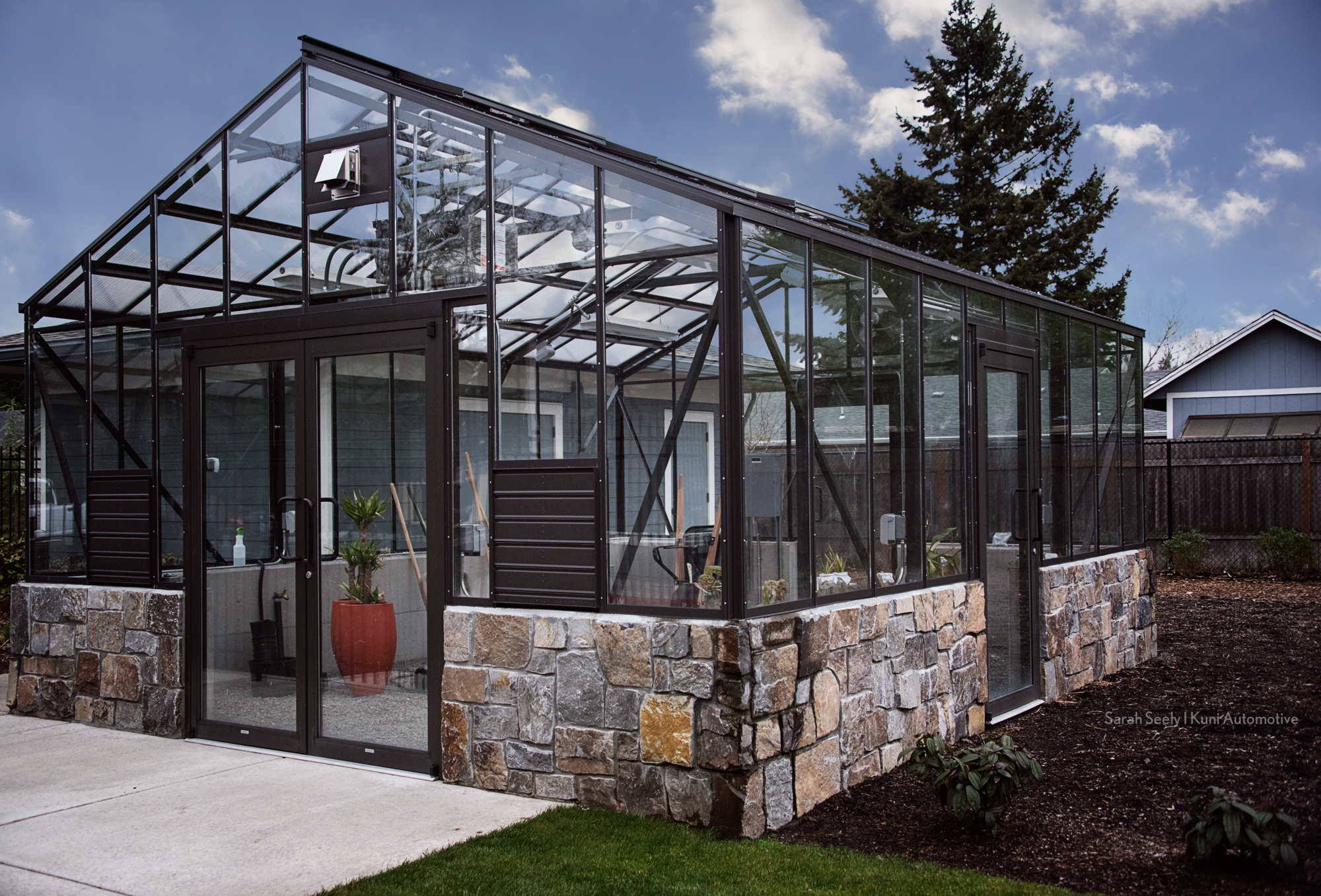5 Fun Horticultural Activities for Adults with Special Needs
Horticultural activities for adults with special needs can offer some pretty great benefits. Growing plants can bring a huge sense of accomplishment and confidence. Individuals with developmental and intellectual disabilities can improve their coordination skills, muscle mass, balance, and endurance. And it’s not just the physical aspect that brings so much good stuff. Gardening can help improve cognitive abilities, language skills, memory, task initiation, and can help people socialize more.

Container Gardens
Container gardens are ideal for both large areas and for places with only a little bit of space for each gardener. Tons of plants do well in containers, but flowers do especially well in this setting.
Container gardening is something that those who are unable to move freely or get down on the ground easily can do as well. Containers can be placed on a table and larger containers on the ground can also help folks with limited mobility.
Various studies have shown that digging in potting soil will help can improve coordination, bring back memories for adults with dementia, and even act as an antidepressant.
Visiting a Working Farm
Field trips are fun for all ages. Some working farms offer field trips to show how their crops are grown and their animals are kept. During the growing season, many farms have a pick-it-yourself field so that people can gather berries, fruits, pumpkins and/or vegetables to eat later.
Adopt a Plant
This is a great activity for everyone, and especially for those with PTSD and trauma. You can choose a plant, preferably growing where it can be studied daily. It’s awesome to watch how your plant is growing, the colors it shows, flowers and if there are any fruits. Even if eyesight is a problem, people can use touch, smell and, on edible plants only, taste.
We grow plants almost year-round at Stephen’s Place. We also show our plants at the local county fair, and we sell them during our semi-annual plant sales–which people absolutely love! When we’re not growing plants, we’re studying cut plants and preparing our garden beds for the next round.
Make Compost
This magnificent project helps all other horticultural efforts and, contrary to popular belief, it doesn’t have to be a smelly project. To get a good general compost going, mix one part dry leaves with one part grass clippings, and two parts soil. As mentioned, the resulting compost can be used on other horticulture projects; with that, it can give those who are creating the compost and using it to grow their plants an amazing sense of accomplishment. That is one of the major goals of these projects.
Start a Community Garden
This project can be started with a community compost pile just like the one listed above! See, told you that compost would come in handy. Depending on where you are in the nation, in February, plants can be started from seed indoors. Using LED lights can mimic sunlight and windowsills make great places for the plants to start growing.
When all danger of frost is over, the seedlings can be planted outside in the soil (that has that fabulous compost mixed into it). Some seeds, such as corn and beans, are better sown directly into the soil, skipping the indoor part. Weeding, thinning the plants and making sure they have enough water are all routine things, but being out in the sunshine will be beneficial. As the food begins to ripen, it can be used in the community.
Gardening is a superb way to help rehabilitate, recover, and otherwise assist adults with special needs. Growing food can help people to feel like they are contributing, and it can provide lots of healthy meals. Flowers are a real sensory treat. Growing flowers add pops of color, fragrance, and texture to your garden.
About Stephen’s Place
Stephen’s Place is an independent apartment community for adults with developmental and intellectual disabilities, located in Vancouver, WA (7 minutes from Portland, OR).
If you have a loved one with developmental or intellectual disabilities, who is looking for a community to live in, please contact us for more information.
Stephen’s Place is a private-pay apartment community due to our state-of-the-art amenities and programs. We are a nonprofit and do not profit from our community. We are private pay because we spend more than some housing communities to ensure that our residents are comfortable and can safely live their lives with independence and dignity.

